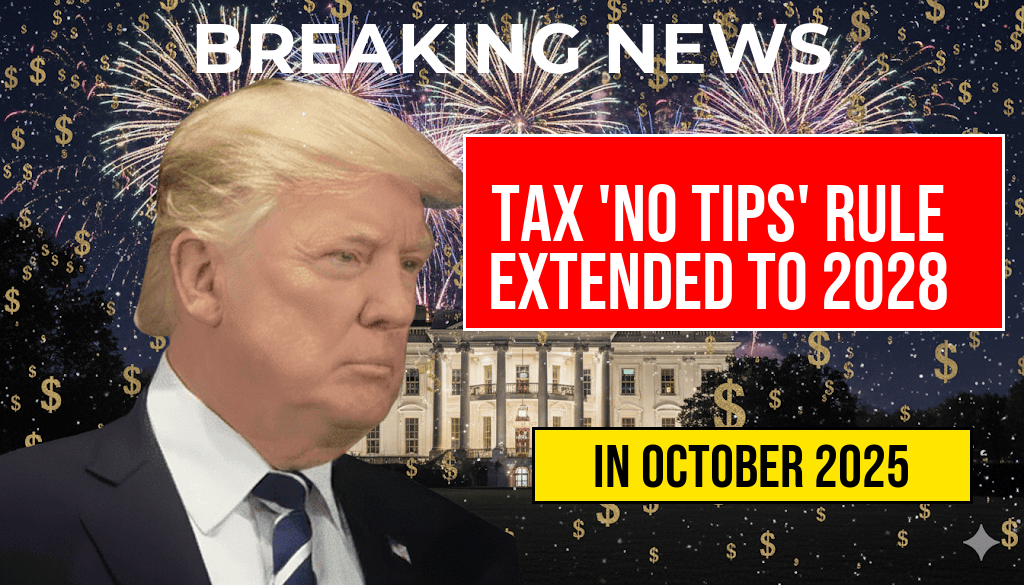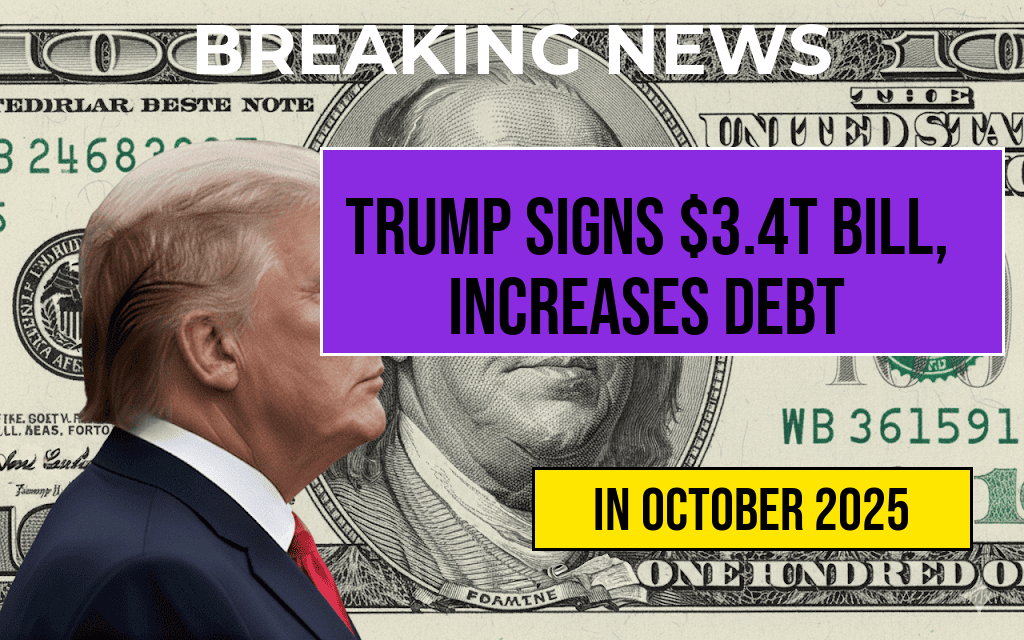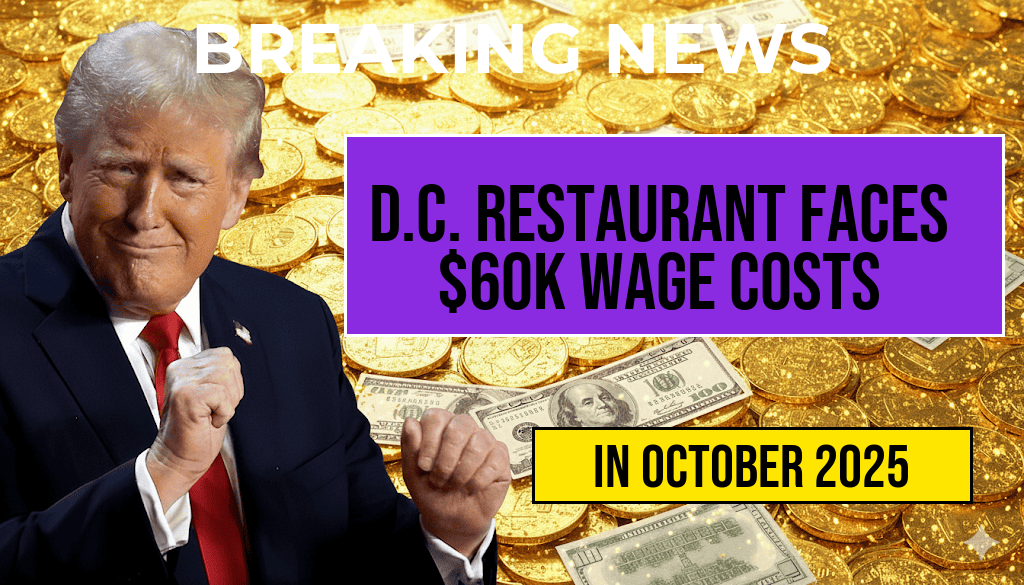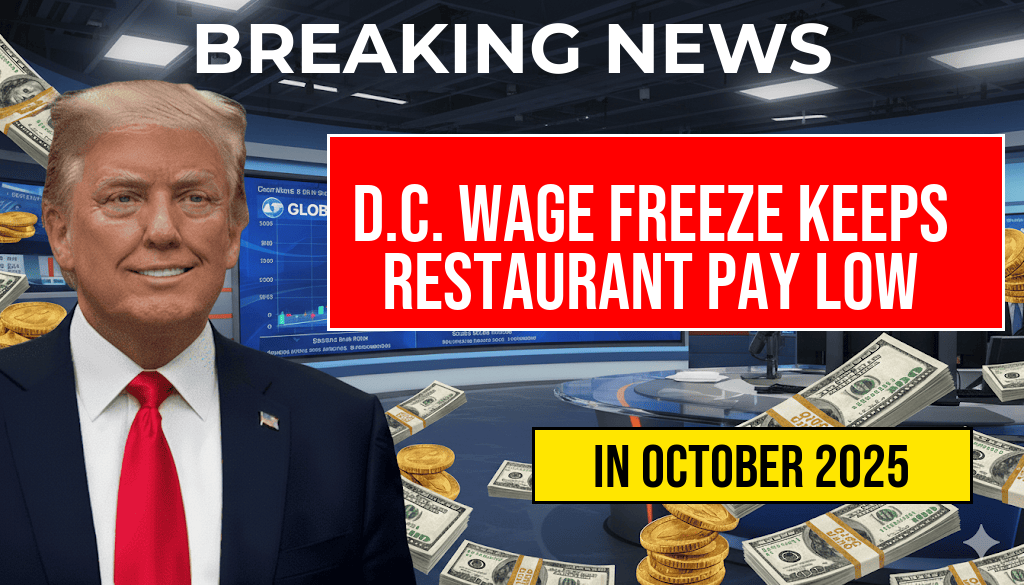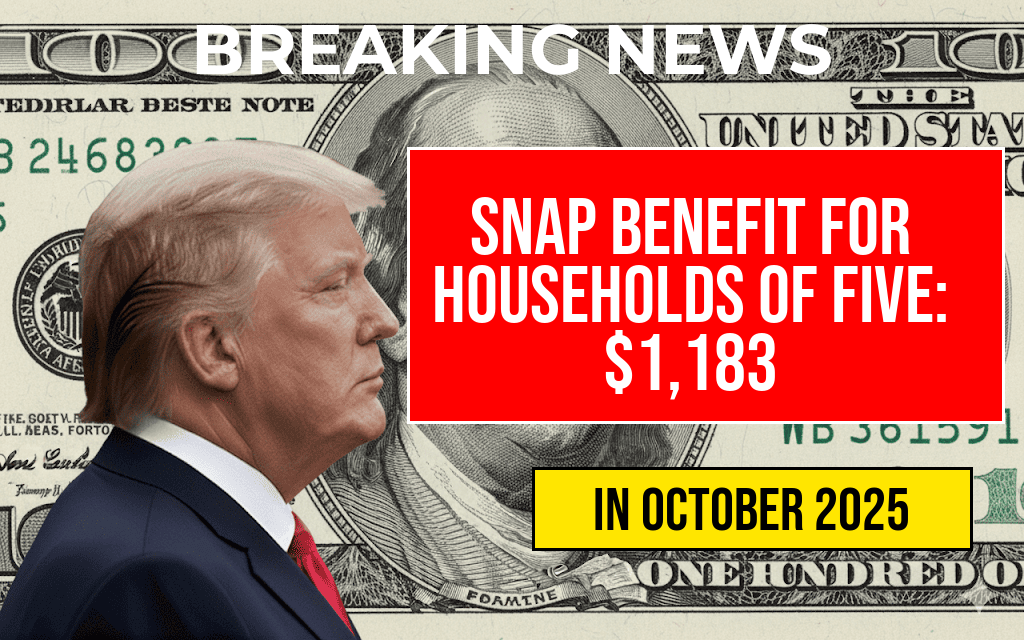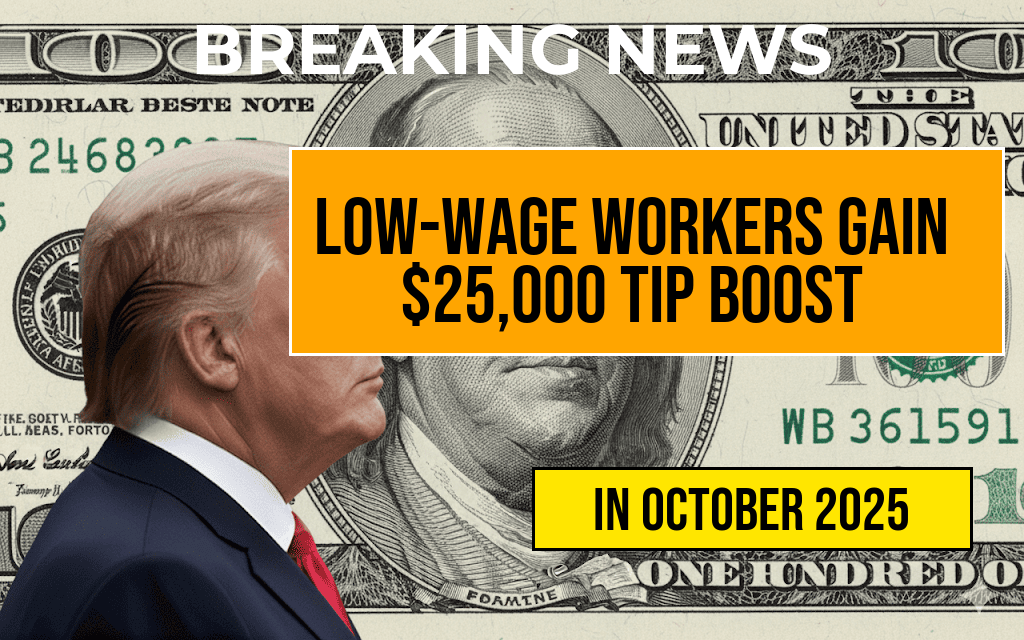The Internal Revenue Service (IRS) has announced an extension of the controversial No Tips rule, which will now remain in effect until 2028. This regulation, designed to simplify tax reporting for service industry workers, mandates a $25,000 annual cap on the amount that can be earned without tipping. The decision, made public in a recent IRS briefing, aims to address ongoing concerns regarding the complexities of tip reporting and its impact on earnings for workers in hospitality and service sectors. As the economy continues to evolve, this extension reflects a balancing act between ensuring fair taxation and recognizing the unique financial situations of service employees.
Understanding the No Tips Rule
The No Tips rule was initially introduced to alleviate the burden on workers who often earn a substantial portion of their income through tips. Under this regulation, employees who earn tips below the set threshold are not required to report them as taxable income, simplifying their tax obligations. The extension until 2028 provides a temporary reprieve for service workers who rely heavily on gratuities as part of their livelihood.
Key Features of the Extended Rule
- Annual Cap: The rule enforces a strict $25,000 cap on earnings that can be excluded from tip reporting.
- Effective Date: The extension is effective immediately and will be in place until December 31, 2028.
- Target Audience: The rule primarily affects employees in sectors like restaurants, hotels, and transportation.
Implications for Workers and Employers
The extension of the No Tips rule has significant implications for both workers and employers. Service industry employees may experience a reduction in their tax liabilities, as they are not required to report tips up to the threshold. This can lead to increased take-home pay for many, particularly in a time of rising living costs.
For employers, the rule simplifies payroll processes, reducing the administrative burden associated with tracking and reporting employee tip income. However, they must ensure compliance with the new guidelines to avoid potential penalties.
Challenges and Concerns
Despite the apparent benefits, the No Tips rule extension has drawn criticism. Some advocates argue that the $25,000 cap may not adequately reflect the true earning potential of service workers, particularly in high-traffic tourist areas where tips can significantly exceed this threshold. Additionally, the rule may create a disparity between employees based on their ability to generate tips, perpetuating income inequality within the sector.
What Workers Should Know
Employees in the service industry should familiarize themselves with the No Tips rule and understand its implications for their tax obligations. Here are some key points to consider:
- Workers should keep accurate records of their tip income to ensure compliance with the new regulations.
- It is advisable to consult with a tax professional to navigate the complexities of income reporting.
- Staying informed about future regulatory changes can help workers adjust their financial planning accordingly.
Additional Resources
For further information on the No Tips rule and its implications, workers can visit the following authoritative sources:
The Road Ahead
As the service industry continues to adapt to changing economic conditions, the IRS’s decision to extend the No Tips rule until 2028 provides a temporary framework for managing tip income. While it offers relief for many workers, ongoing discussions about the adequacy of the $25,000 cap and its impact on income equity are likely to shape future policy decisions. Stakeholders in the service industry, including employees, employers, and policymakers, will need to engage in dialogue to ensure that the tax system remains fair and equitable for all parties involved.
Frequently Asked Questions
What is the Tax ‘No Tips’ Rule?
The Tax ‘No Tips’ Rule refers to a regulation that prevents certain employees from receiving tips as part of their taxable income. This rule is designed to simplify the tax process for employers and employees, ensuring that wages are the primary source of income.
How long has the Tax ‘No Tips’ Rule been extended?
The Tax ‘No Tips’ Rule has been extended until 2028. This extension allows for continued clarity and stability in tax planning for both employers and employees who are affected by this regulation.
What is the mandatory annual cap associated with this rule?
The mandatory annual cap associated with the Tax ‘No Tips’ Rule is set at $25,000. This means that employees under this rule can earn up to this amount without it being classified as tips for tax purposes.
Who does the Tax ‘No Tips’ Rule affect?
The Tax ‘No Tips’ Rule primarily affects employees in specific industries where tipping is common, such as hospitality and service sectors. It helps to standardize income reporting and reduce discrepancies in tip income.
Are there any exceptions to the Tax ‘No Tips’ Rule?
While the Tax ‘No Tips’ Rule generally applies broadly, there may be specific exceptions based on individual circumstances or state regulations. It is advisable for employees to consult with a tax professional to understand their unique situation and compliance requirements.

